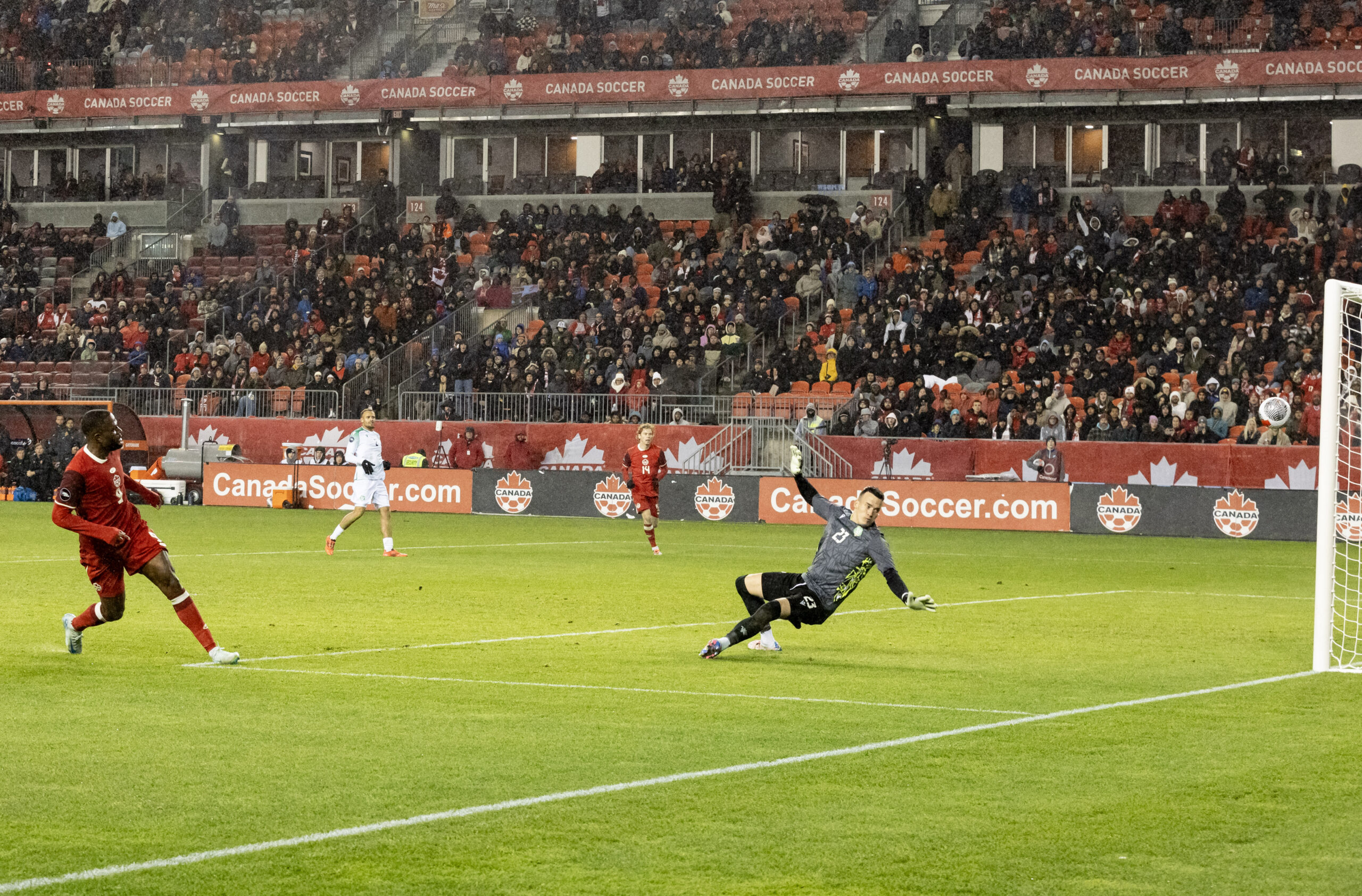Soccer is not only a sport; it’s a global phenomenon that crosses borders and connects with cultures.
Soccer’s roots trace back thousands of years, with early forms of the game appearing in ancient civilizations like China, Greece and Rome. However, the modern version of soccer began to take shape in England during the 19th century, when standardized rules were developed to regulate the game. The formation of the Football Association in 1863 marked a historic moment, establishing the foundation for organized play and the sport’s global spread.
Over the decades, soccer gained popularity worldwide, under the British influence and simplicity of the game. By the early 20th century, it had become a foundation for international culture, leading to the creation of the FIFA World Cup in 1930, now one of the most –watched sporting events in history.
Soccer’s status as the most popular sport in the world is undeniable, with over 250 million players in more than 200 countries and a fan base that spans every continent. Its global appeal is rooted in accessibility — anyone, anywhere can participate, requiring little more than a ball and an open space. This simplicity, combined with its rich cultural significance and history, has cemented soccer as a unifying force, bringing people together in a way only a few other activities can.
In many countries, the sport is deeply tied to a national identity, with matches often symbolizing more than just competition but a celebration of history, pride and resilience. Rivalries, such as those between Argentina and Brazil or Liverpool and Manchester United reflect cultural and historical tensions that leave the field, turning games into powerful expressions of regional or national spirit. Across continents, it functions as a shared language connecting individuals of different backgrounds and encouraging camaraderie.
Soccer’s role in promoting diplomacy and solidarity is another facet of its global significance. Major tournaments like the FIFA World Cup and regional competitions such as the EFA European Championship often bring nations together in moments of shared celebration, letting go of tensions formed from political and cultural divides. The sport has also been used as a diplomatic tool, with matches serving as platforms for dialogue and reconciliation in times of conflict, such as historic events like the “Football War” ceasefire between Honduras and El Salvador or the unity displayed during Nelson Mandela’s use of sports in post-apartheid South Africa.
Soccer has consistently proven its ability to inspire social change and advocate for equality. Players and organizations alike have leveraged the sport’s massive platform to address important social issues. Campaigns like FIFA’s “Say No to Racism” or players kneeling before matches to protest discrimination have brought critical conversations to the forefront. Women’s soccer has also gained momentum, with increased investment and visibility challenging outdated norms and advocating for gender equality in sports.
Soccer’s journey from these ancient origins to its current day prominence reflects its unique ability to resonate with people across cultures, generations and borders. It has become a symbol of unity, a source of pride and a platform for change, embodying far more than just athletic competition. Soccer’s influence extends far beyond the field to shape communities, inspire movements and create a space of unity on a global scale. Its ability to bring people together, regardless of background or circumstance, ensures its lasting relevance as a sport that continues to connect and change lives worldwide.

